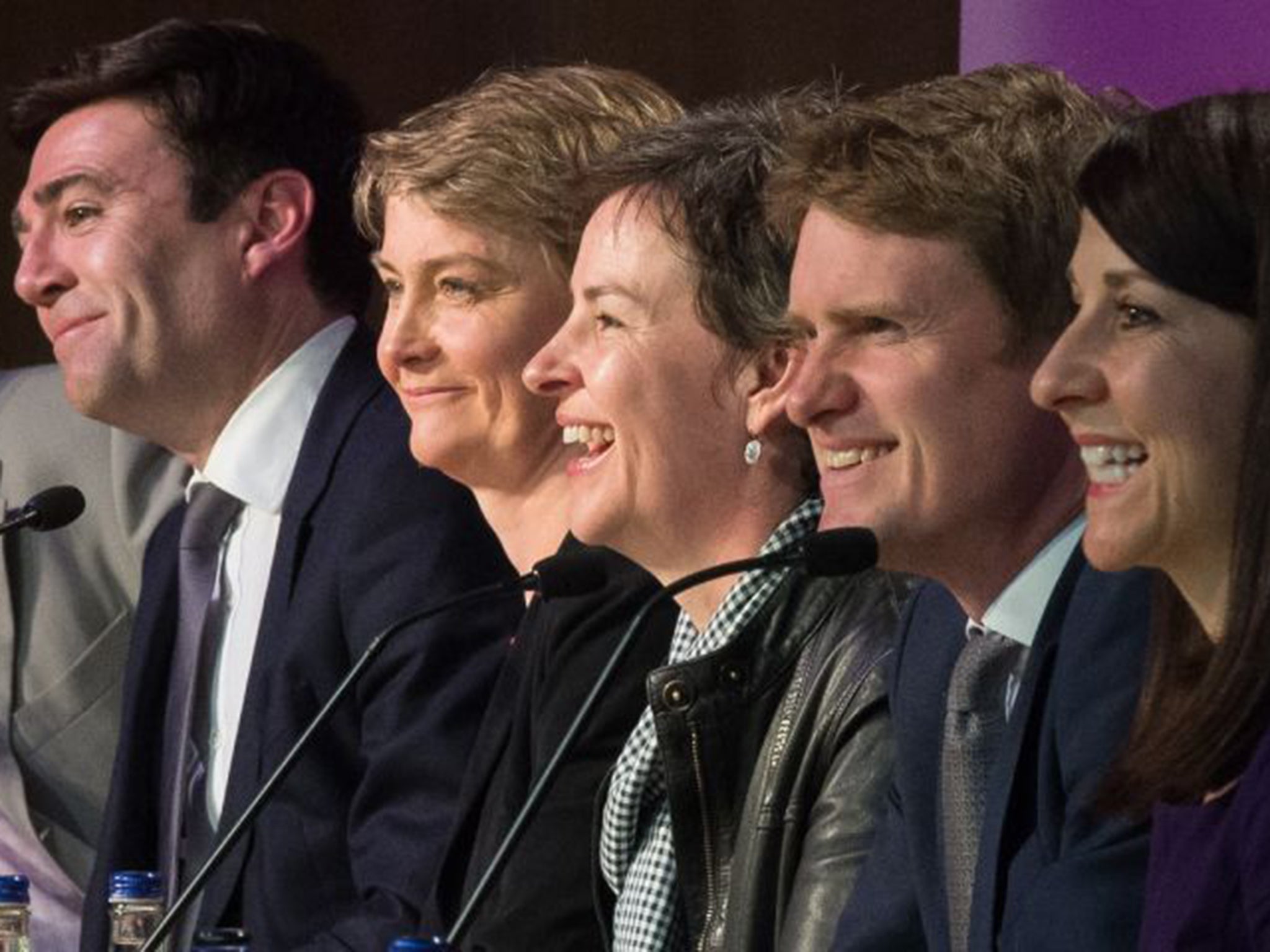Your support helps us to tell the story
From reproductive rights to climate change to Big Tech, The Independent is on the ground when the story is developing. Whether it's investigating the financials of Elon Musk's pro-Trump PAC or producing our latest documentary, 'The A Word', which shines a light on the American women fighting for reproductive rights, we know how important it is to parse out the facts from the messaging.
At such a critical moment in US history, we need reporters on the ground. Your donation allows us to keep sending journalists to speak to both sides of the story.
The Independent is trusted by Americans across the entire political spectrum. And unlike many other quality news outlets, we choose not to lock Americans out of our reporting and analysis with paywalls. We believe quality journalism should be available to everyone, paid for by those who can afford it.
Your support makes all the difference.The Labour party’s attitude to “aspiration” and success is not a significant factor in its rejection by voters, according to new opinion research.
Polling conducted by GQR Research, who acted as Labour’s internal pollster during the campaign, asked voters what factors had put them off voting for the party at the election.
Out of seven main themes identified by researchers, hostility to “aspiration, success, and people who want to get on” ranked the lowest of all named concerns.
The finding is in stark contrast to the approach taken by practically all of Labour’s leadership contenders, who have put aspirational ideology at the centre of their campaigns.
Frontrunner Andy Burnham emphasised “aspiration” and “helping all of our businesses, small and large, to get on and grow”, in his leadership bid launch.
Liz Kendall, who is also standing for Labour leader, said the party had to understand voters’ “aspirations and ambitions for the future” while Mary Creagh claimed voters believed Labour “didn't understand their aspiration to earn money and provide a better life for their family”.
The move by leadership candidates was partly in response to interventions by New Labour grandees soon after the election.
In reality the most significant concern raised by voters was that Labour would spend too much and couldn’t be trusted with the economy. This was named by 40 per cent of voters.
Close behind were concerns about the party’s attitude to welfare benefits and the potential influence of the SNP over Labour, which was named by 25 per cent and 24 per cent respectively.
Concerns about aspiration and success were named by only 10 per cent of voters, behind raising taxes (14 per cent) and an EU referendum (14 per cent).
Even Conservatives voters were not hugely concerned by aspiration, with only 15 per cent citing it as a factor in their rejection of Ed Miliband’s party. This was under a quarter of the 61 per cent of Tories who cited overspending and exactly half of the 30 per cent who said they were concerned by SNP influence.
GQR’s researchers claimed earlier this month that official private polls conducted for the party’s leadership actually showed it significantly behind the Conservatives as early as Christmas 2014.
The firm’s follow-up polling conducted after the election was commissioned the TUC. Those polled were asked to pick the two most important factors and prompted from a list.
Labour’s leader will be announced at a special conference in September after several months of deliberation and a one-member, one-vote contest conducted under the alternative vote system.

Join our commenting forum
Join thought-provoking conversations, follow other Independent readers and see their replies
Comments